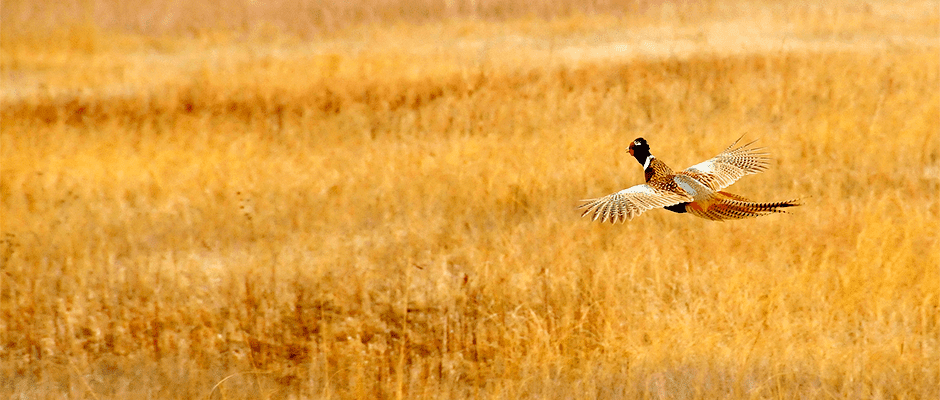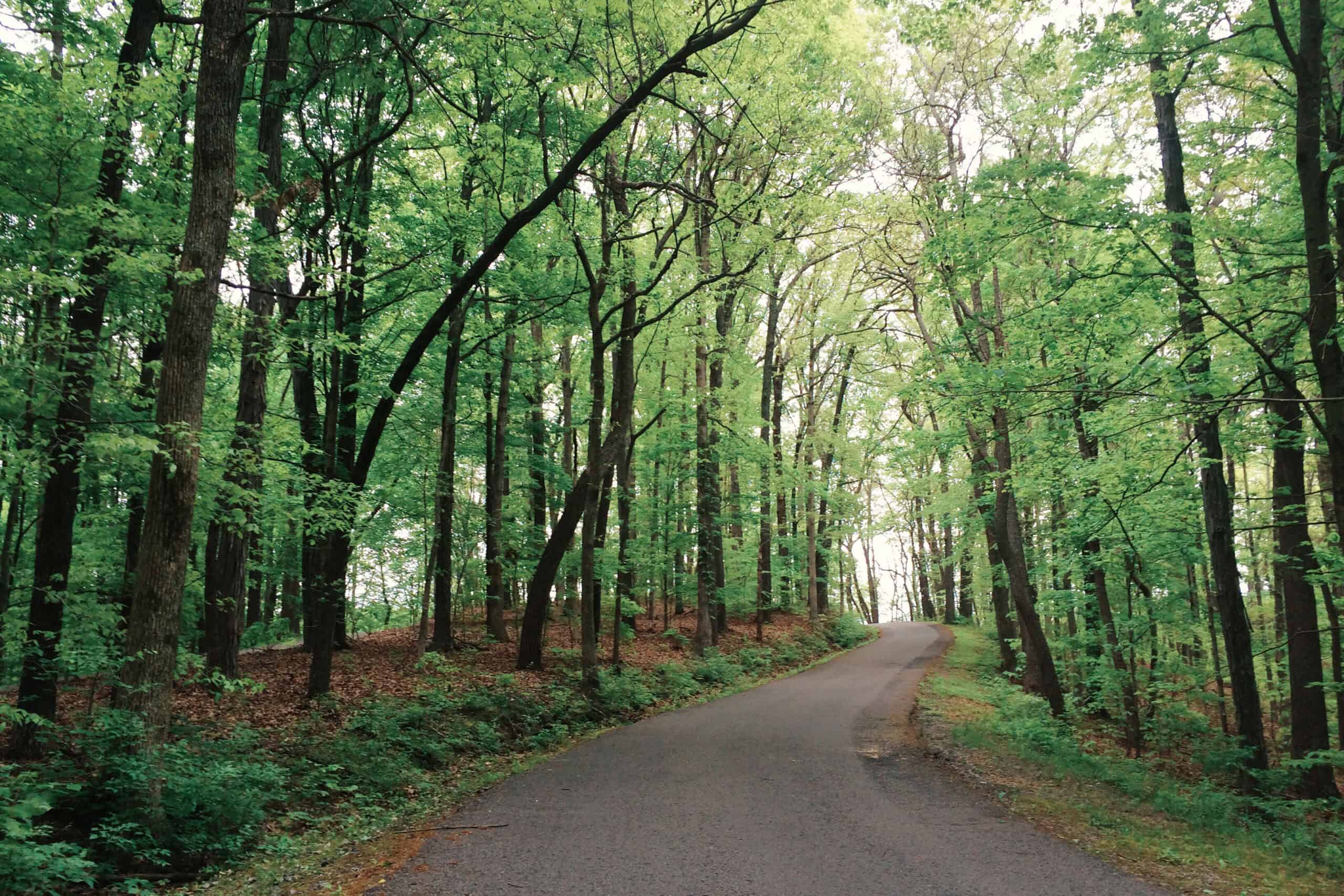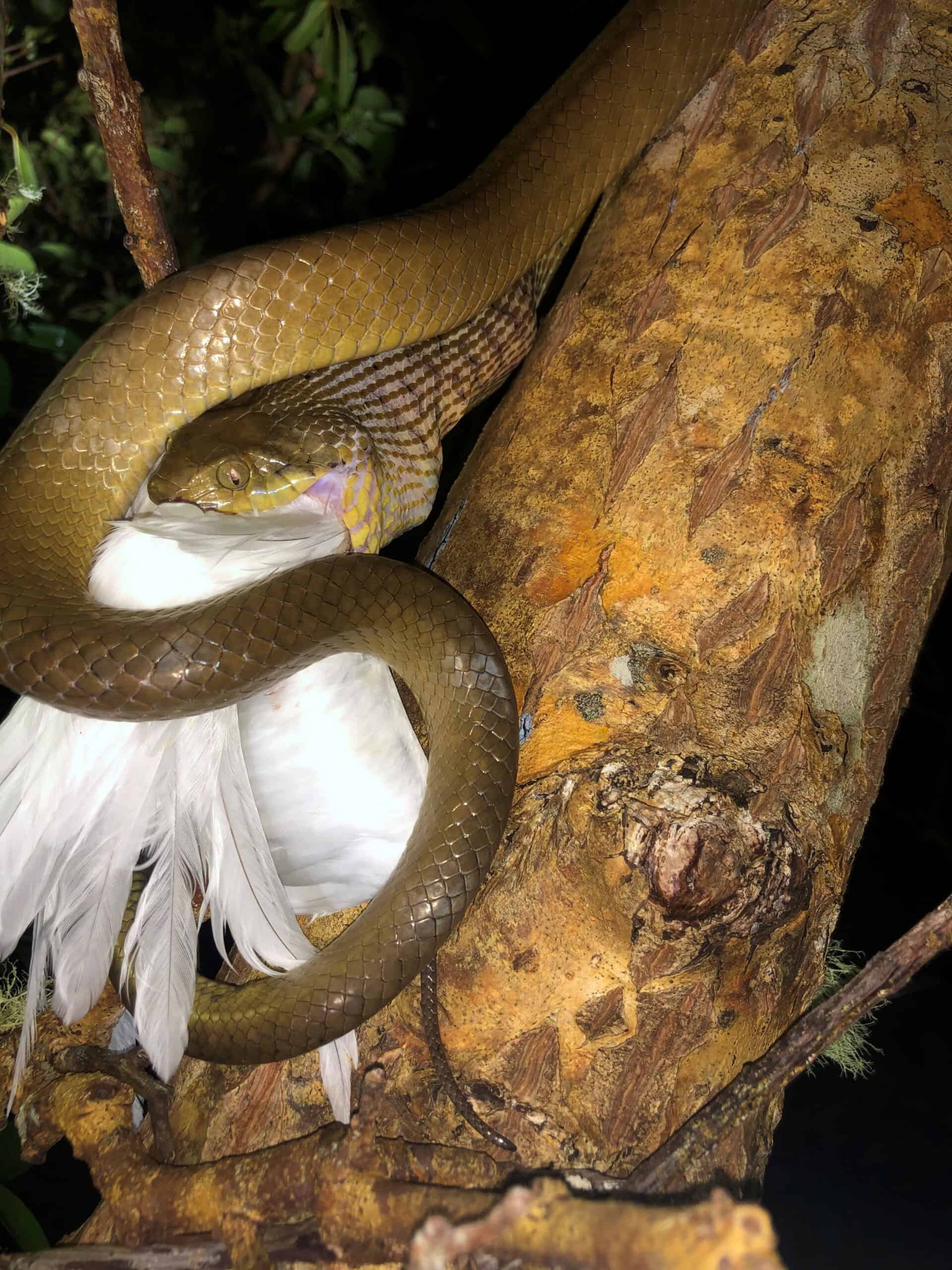Share this article
USFWS to offer new fishing and hunting opportunities on refuges
The U.S. Fish and Wildlife Service has announced a proposed rule to expand hunting and fishing opportunities on 13 national wildlife refuges (NWRs). The proposal also amends existing refuge-specific hunting and fishing regulations for more than 70 NWRs for the 2016-2017 season.
The rule would open migratory game, upland game, and big game hunting in Colorado’s Baca National Wildlife Refuge, which is currently closed to public activities. Sport fishing would be opened on Lake Andes National Wildlife Refuge in South Dakota, which already allows hunting.
Opportunities to hunt and fish are set to expand on refuges in Colorado, Indiana, Louisiana, Michigan, New York, Oklahoma, South Carolina, and Texas.
Of the 562 NWRs established across the country, 336 are currently open to hunting and 275 are open to fishing activities. These numbers increased last August, when USFWS introduced hunting and fishing to five NWRs.
In addition to hunting and fishing, NWRs across the country offer four other wildlife-dependent recreational activities: wildlife photography, environmental education, wildlife observation, and wildlife interpretation. These activities are regulated to ensure they are compatible with wildlife and land management objectives, and aim to make wildlife resources accessible to the public. According to the USFWS’ National Survey of Fishing, Hunting, and Wildlife-Associated Recreation, published every five years, $144.7 billion was spent on wildlife-associated recreation in 2011 and more than 90 million U.S. residents participated in wildlife-related activities.
“With America becoming ever more urban and its citizens increasingly divorced from nature, it is becoming critical that we find ways to foster connections between people and the natural world,” said USFWS Director Dan Ashe in the announcement.
Continuing to expand and create recreational activities on NWRs encourages increased engagement with wildlife resources and contributes funds to state wildlife conservation efforts through license sales and federal excise taxes. The Pittman-Robertson Act and the Dingell-Johnson Act place an excise tax on hunting and fishing equipment that is funneled to state wildlife agencies to implement conservation and management activities.
The public comment period for the proposed rule is open until Aug. 15, 2016 via the Federal Register.
TWS supports hunting and fishing as wildlife management tools when they are regulated to follow sound biological principles and are consistent with the North American Model of Wildlife Conservation.
UPDATE, Oct. 5: Read the news release announcing the finalized version of this rule, published on Oct. 4, 2016.
Header Image: A ring-necked pheasant on Sand Lake National Wildlife Refuge – one of many refuges open for hunting. ©Tom Koerner/USFWS








